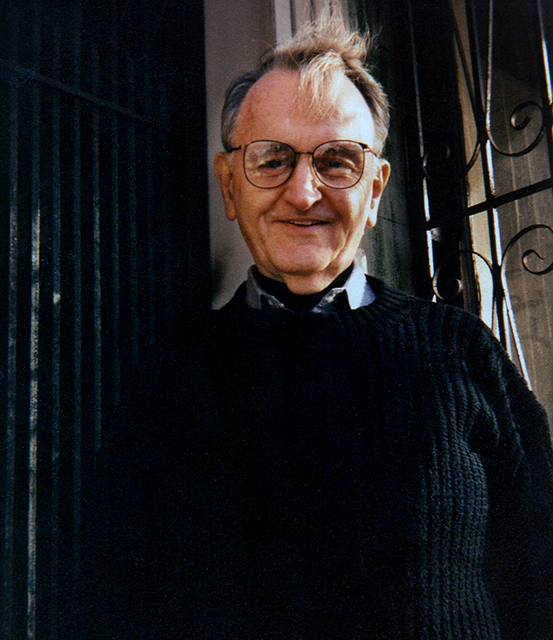ACWA Boston Joint Board Records
1926-1979
8 linear feet
Call no.: MS 002
The Amalgamated Clothing Workers of America originated from a split in the United Garment Workers in 1914 and quickly became the dominant force for union in the men’s clothing industry, controlling shops in Boston, Baltimore, Chicago, and New York. The Boston Joint Board formed at the beginning of the ACWA and included locals from a range of ethnic groups and trades that comprised the industry. It coordinated the activities and negotiations for ACWA Locals 1, 12, 102, 149, 171, 172, 173, 174, 181,183, 267, and 335 in the Boston area. In the 1970s the Boston Joint Board merged with others to form the New England Regional Joint Board.
Records, including minutes, contracts, price lists, and scrapbooks, document the growth and maturity of the ACWA in Boston and the eventual decline of the industry in New England. Abundant contracts and price lists show the steady improvement of conditions for workers in the men’s clothing industry. Detailed minutes reflect the political and social influence of the ACWA; the Joint Board played an important role in local and state Democratic politics and it routinely contributed to a wide range of social causes including the Home for Italian Children and the United Negro College Fund. Minutes also document the post World War II development of industrial relations in the industry and include information relating to Joint Board decisions to strike. Minutes also contain information relating to shop grievances, arbitration, shop committees, and organizing. The records largely coincide with the years of leadership of Joseph Salerno, ACWA Vice President and New England Director from 1941 to 1972.
Gift of the New England Regional Joint Board, through Edward Clark, Nov. 1984
Subjects
Boston (Mass.)--Economic conditions--20th centuryClothing trade--Labor unions--MassachusettsLabor unions--Massachusetts--BostonTextile industry--MassachusettsTextile workers--Labor unions--Massachusetts--BostonTextile workers--Massachusetts--Economic conditions--20th centuryContributors
Amalgamated Clothing Workers of America. Boston Joint BoardSalerno, Joseph, fl. 1907-1972Types of material
ContractsFinancial recordsMinutes (Administrative records)Scrapbooks
Related collections:
Labor


